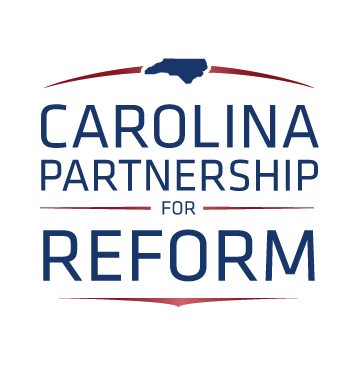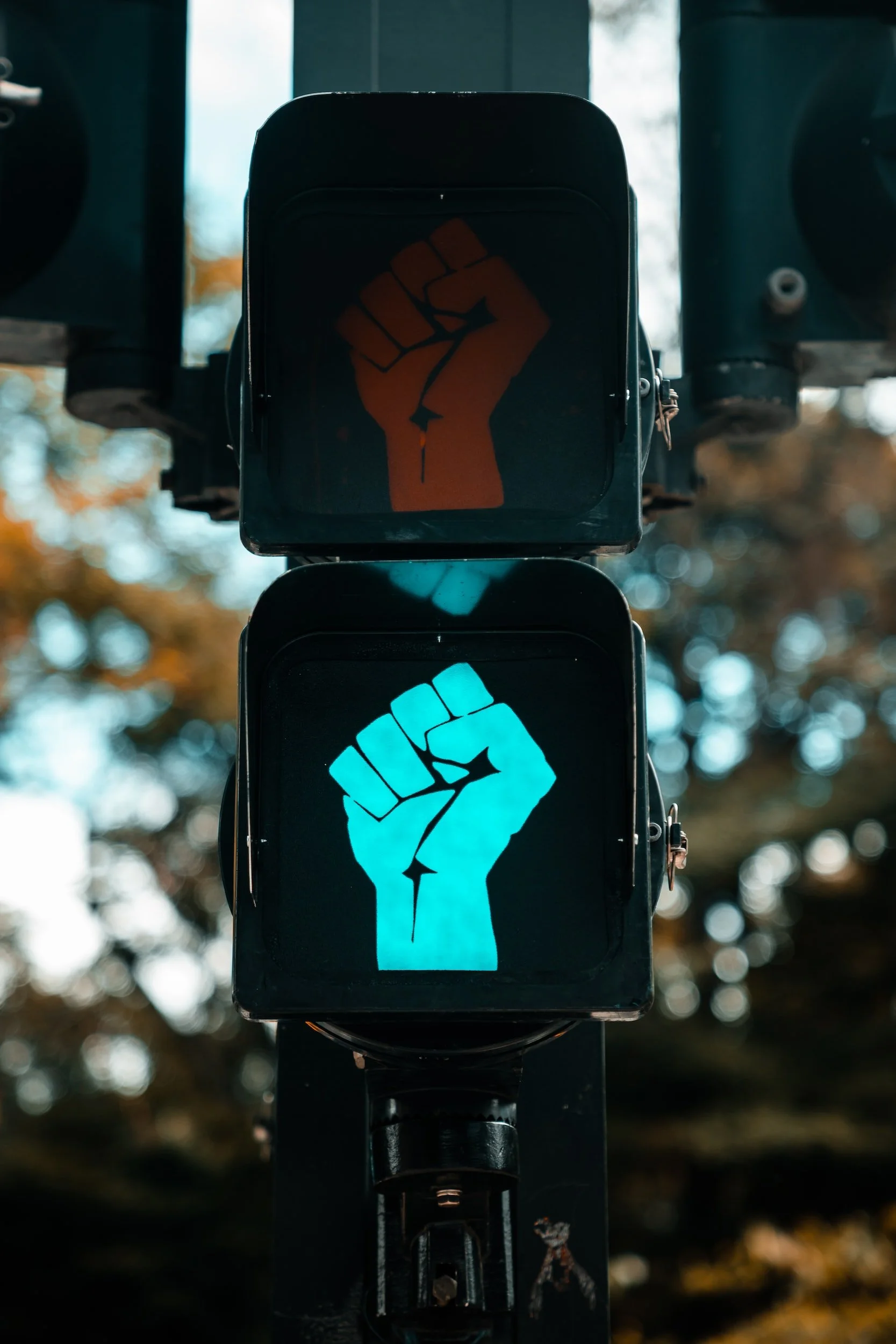UNC System Equity Officers, in Their Own Words
“We have to kind of push the students to mobilize and have that sense of activism”
“Social justice requires disruption, even if it makes our jobs difficult”
“Taking stronger, bolder actions to confront and disrupt systems of power”
This 80-page thesis, written last year, may be the most comprehensive view into the goals and tactics of UNC System DEI (“diversity, equity, and inclusion”) officers available, and it’s in their own words.
The direct quotes suggest that DEI administrators seek to use their power to “transform their institutions” into vehicles for social justice. That posture is incompatible with the intellectual freedom the UNC System claims to embrace.
‘We have to kind of push the students to mobilize and have that sense of activism’
The author of the thesis, a former leader in N.C. State University’s Office for Institutional Equity and Diversity, interviewed 12 DEI officers at five UNC System schools and one private school: N.C. State University; UNC-Asheville; UNC-Chapel Hill; UNC-Pembroke; UNC-Wilmington; and Duke University.
The author set out to examine “the past and current trajectory of DEI positioning within higher education,” probing for fissures between DEI rhetoric and actual social justice advancement.
DEI officers, in their own words, see social justice as “dismantling systems” and “interrogating power”:
“Practitioners saw DEI as their daily work, and social justice as something beyond that, but also as something that they as individuals could bring into the work, use to transform their institutions, and leverage to move forward in imaginative ways.”
“DEI was about supporting students, helping them navigate institutions, recruitment, retention,” one DEI officer said. “Now the conversation has shifted to educating others about systems of oppression.”
Another DEI officer said, “With DEI, you have an opportunity to educate, to train, to develop policy; with social justice, that is where your activism comes in and where you can mobilize.”
How do UNC System DEI officers mobilize to advance social justice? They answered that, too:
“Sponsoring student groups or collectives centered around social justice.”
“Positioning students as leaders and activists.”
“Organizing workshops, retreats, and service activities focusing on social justice [and] activism.”
At least one campus facilitated a student protest march:
“They came to us and wanted to get our advice on how to do it, you know, logistically…So we worked together to try to help them comb through a plan…So the entire process was an education in social justice from beginning to end.”
A cultural/identity center director offered a candid assessment of their role:
“We have to kind of push the students to mobilize and have that sense of activism, because we can’t be activists as staff people, you know, working at a university…but social justice is definitely a part of our values, of our overall center.”
They see their social justice mission as seeping into every higher education activity: “hiring, institutional assessment, policy analysis, conducting investigations, and working with outside vendors.”
“Social justice isn’t an opinion to be expressed but a fundamental right of everyone,” the author writes.
But what of those who don’t buy into social justice ideology, especially its more extreme iterations – are they to be shunned from campus? According to some UNC System promotion and tenure practices (more on that in future episodes), the answer is yes.
‘The type of world we want’
The UNC System DEI officers were unequivocal in their intention to continue transforming their institutions into vehicles for social justice.
One identity/cultural center director put it this way:
“Social justice requires disruption, even if it makes our jobs difficult…It’s absolutely necessary because there is no current system that allows for the type of world we want.”
We thought the UNC System existed to offer students the intellectual foundation to explore the world and draw their own conclusions.
But an ever-growing segment of the UNC System bureaucracy would use their power to bring about the world they want.
Summarizing the interviews with DEI administrators, the author wrote, “Subjects also conveyed the idea of continuously striving for an ideal state rather than settling for a pragmatic process of incremental change, and taking stronger, bolder actions to confront and disrupt systems of power than DEI practices might allow.”
This perspective sees higher education not as a public square to examine different concepts, but as a vehicle to install particular values.
If there exists a posture more fundamentally at odds with academic freedom, we’d like to hear it.
There’s something wrong in higher education.

